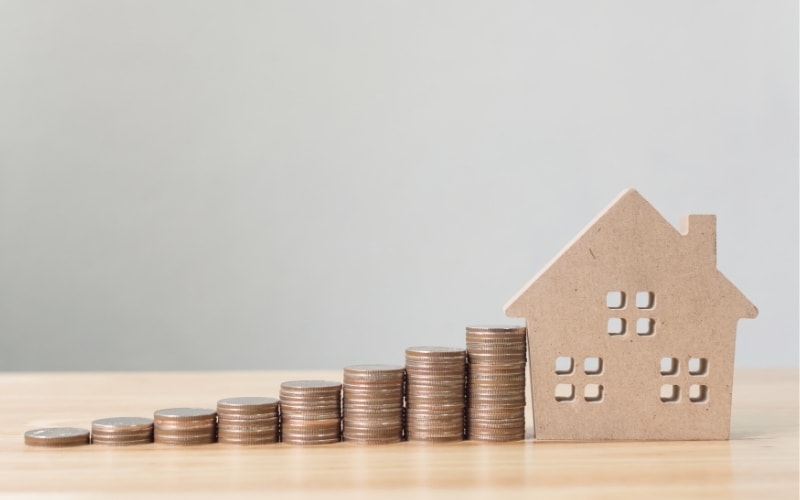Investing in global currency exchange via Forex trading platforms is a great way to diversify your portfolio. There are many ways to do this, but a good CFD contract is often one of the most appealing to investors because of the lower cost of asset acquisition.
However, there are risks and complexities that make this kind of investment volatile. Finding a broker to speculate on CFD contracts on your behalf is the best way to mitigate avoidable losses.
What is a CFD?
A Contract for Difference (or CFD) is a form of speculation that is unique to Forex investments. This contract is an agreement between a buyer and a seller that stipulates that the buying individual must pay the seller the difference between the value of the asset at the time of purchase and the value of the asset at the time specified in the contract.
This is popular with many investors, because it doesn’t need any stock or commodity and it doesn’t consider the underlying value of the asset.
Because of this, the investor never actually owns the asset the contract is based upon. The chance of profit is based on the potential for a change in the assets value (as is the chance of a financial loss).
In this sense, it is a form of speculation rather than a trade, and this presents unique opportunities and risks, as well as complexities. CFD trading is an advanced form of trading that is very volatile and presents both huge risks and rewards.
You need a brokerage account to undertake a CFD, but if you do not have a wealth of financial and geopolitical knowledge, bringing a professional broker into the deal is a good idea.
How to Find a Great Broker for Your CFD Portfolio
A good broker can help you to prevent avoidable loss and increase your chance of making a good contract, but due to low levels of regulation, it can be hard to identify a great broker. Here are five key identifiers of a legitimate CFD broker:
Look for Regulated Brokers
While there is limited regulation on the industry, there are regulatory bodies that brokers can affiliate themselves with. A regulated broker must meet the standards of the body they are affiliated with, and this can protect you. Common regulatory requirements include proper capitalization and separation of account to protect investor funds.
Check Tradable Products
The very minimum a reputable and competent broker should offer is the major tradable currency pairs. They are EUR/USD, USD/JPY, GBP/USD, and USD/CHF. It is also normal for even small reputable brokers to offer less common ‘commodity currency’ pairs, such as USD/CAD. A robust list of tradable products shows that a broker is willing to go above and beyond for a client.
Check Trading Interface
Most brokers use a third-party trading interface, and while there are pros and cons to using smaller and less common platforms, MetaQuotes Software is somewhat of a standard bearer for the Forex trading industry. There are benefits to sticking with brokers that use this platform as a new investor. While some niche platforms have unique features, these can be hard to understand for beginners. Stick to the standard until you find your feet.
Assess Unique Features
If you are considering a broker that uses a less common platform, consider all of the unique features they offer and whether they will be of use to you. For example, if you have a solid knowledge base, a broker that offers a platform with advanced charting features may be better for you.
Understand the Spread
Forex and CFD brokers primarily make their own profits through spreads instead of commissions. A fixed spread means that the cost is set before the trade and is not changeable. A commission spread fee is a calculated percentage of the spread that is set before the transaction. A floating spread changes with market volatility, making it the riskiest option.
Beyond matters of reputation and knowledge, getting a good broker is all about finding a broker that suits your needs and knowledge level.



